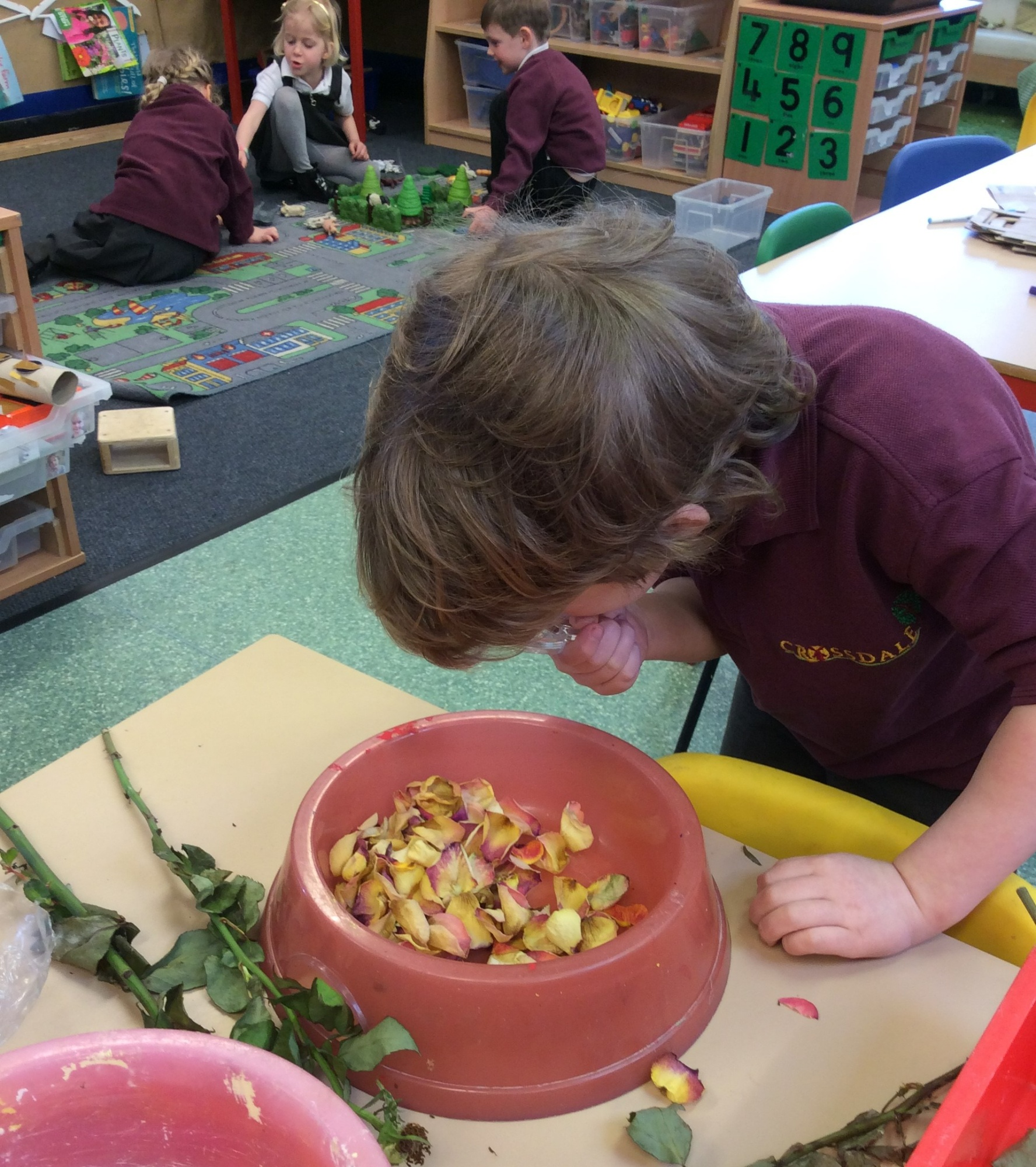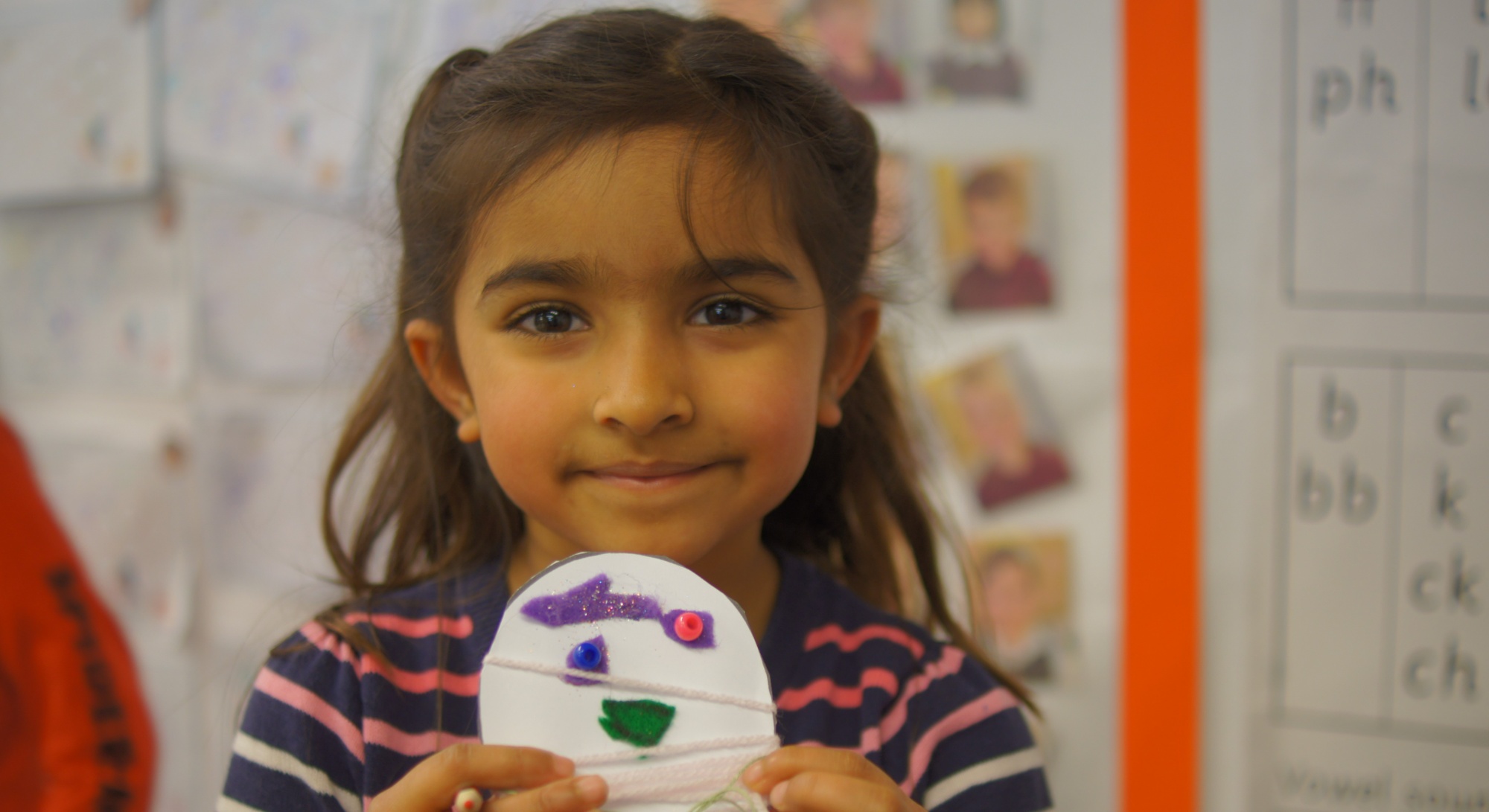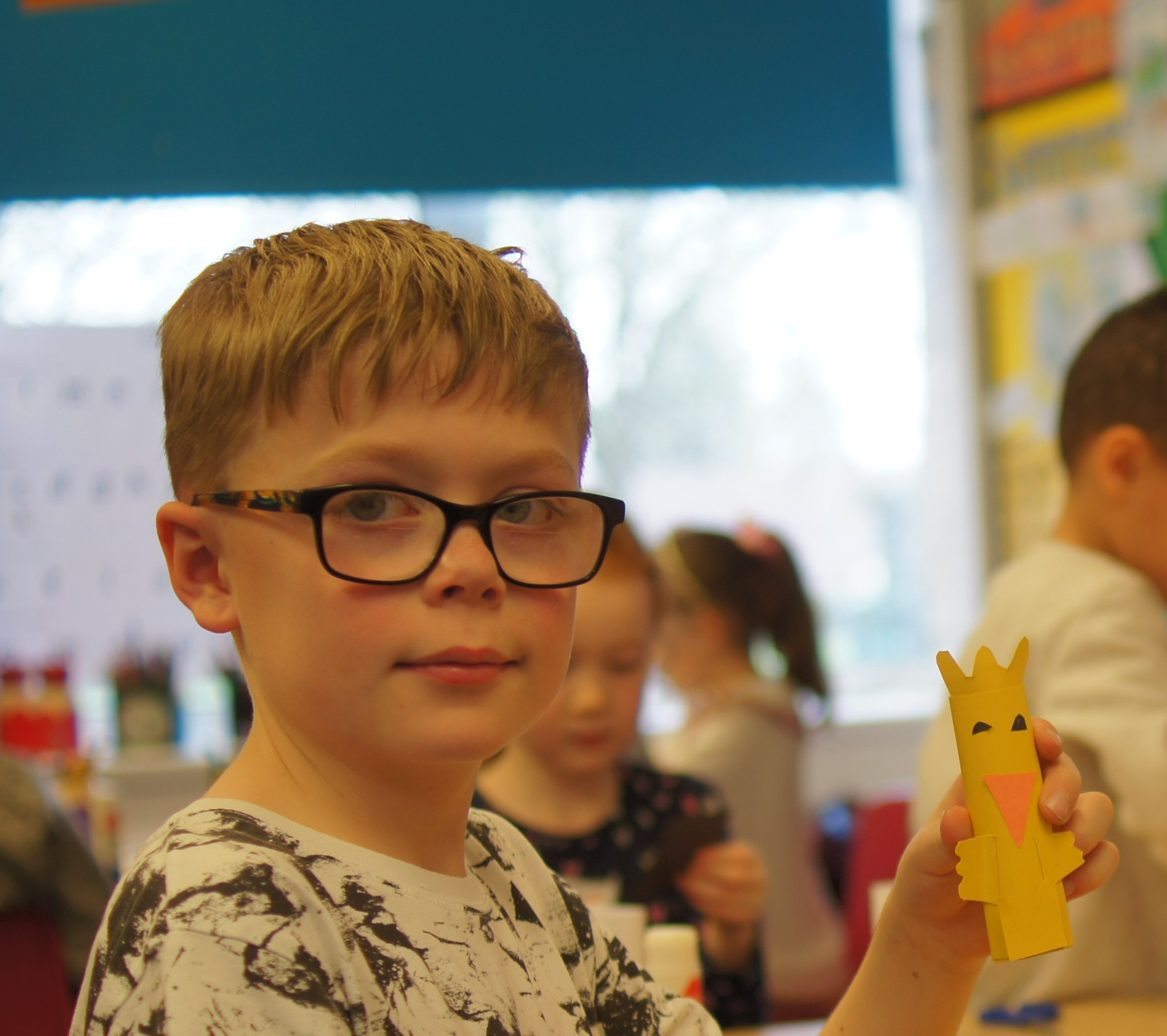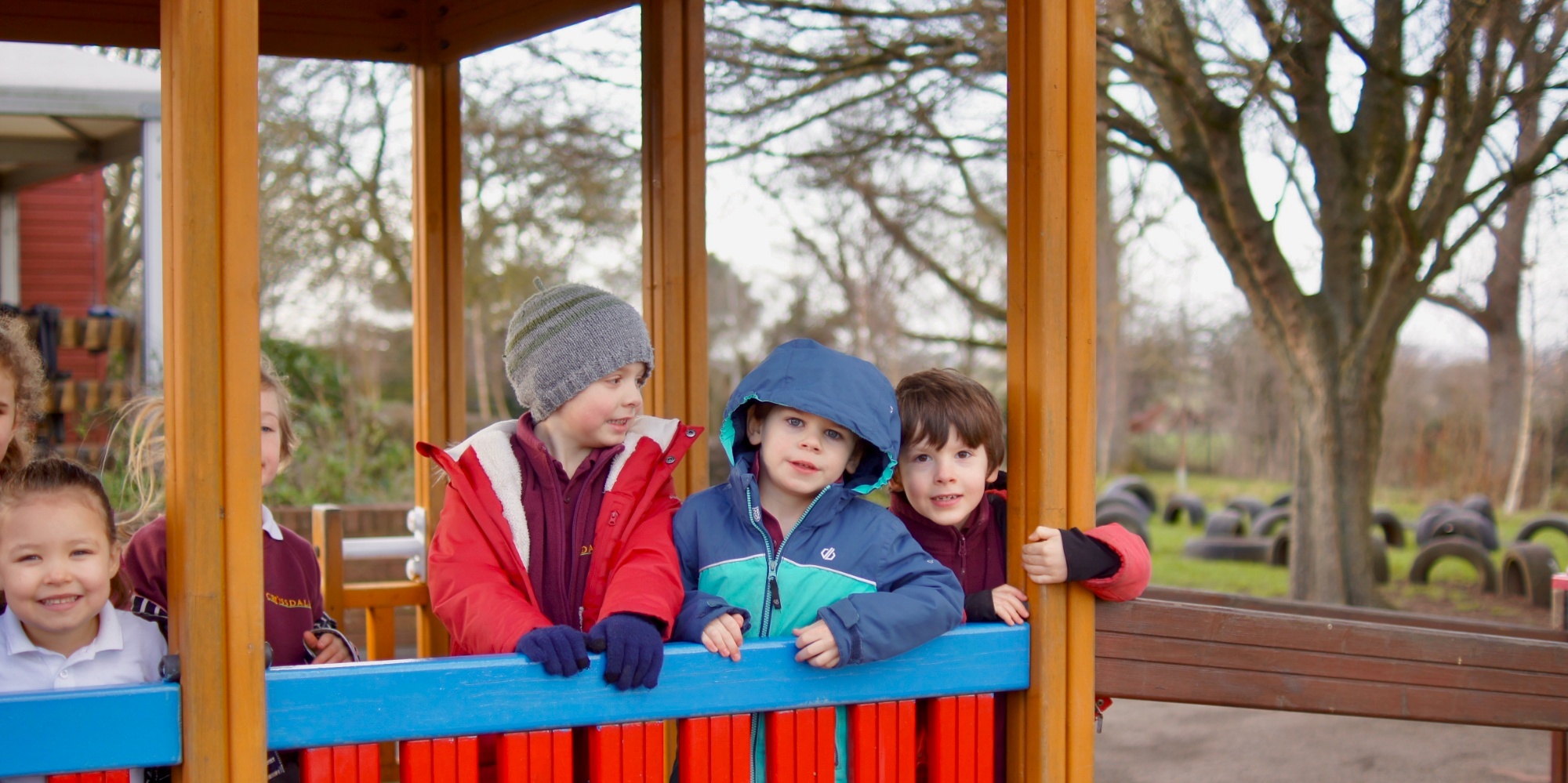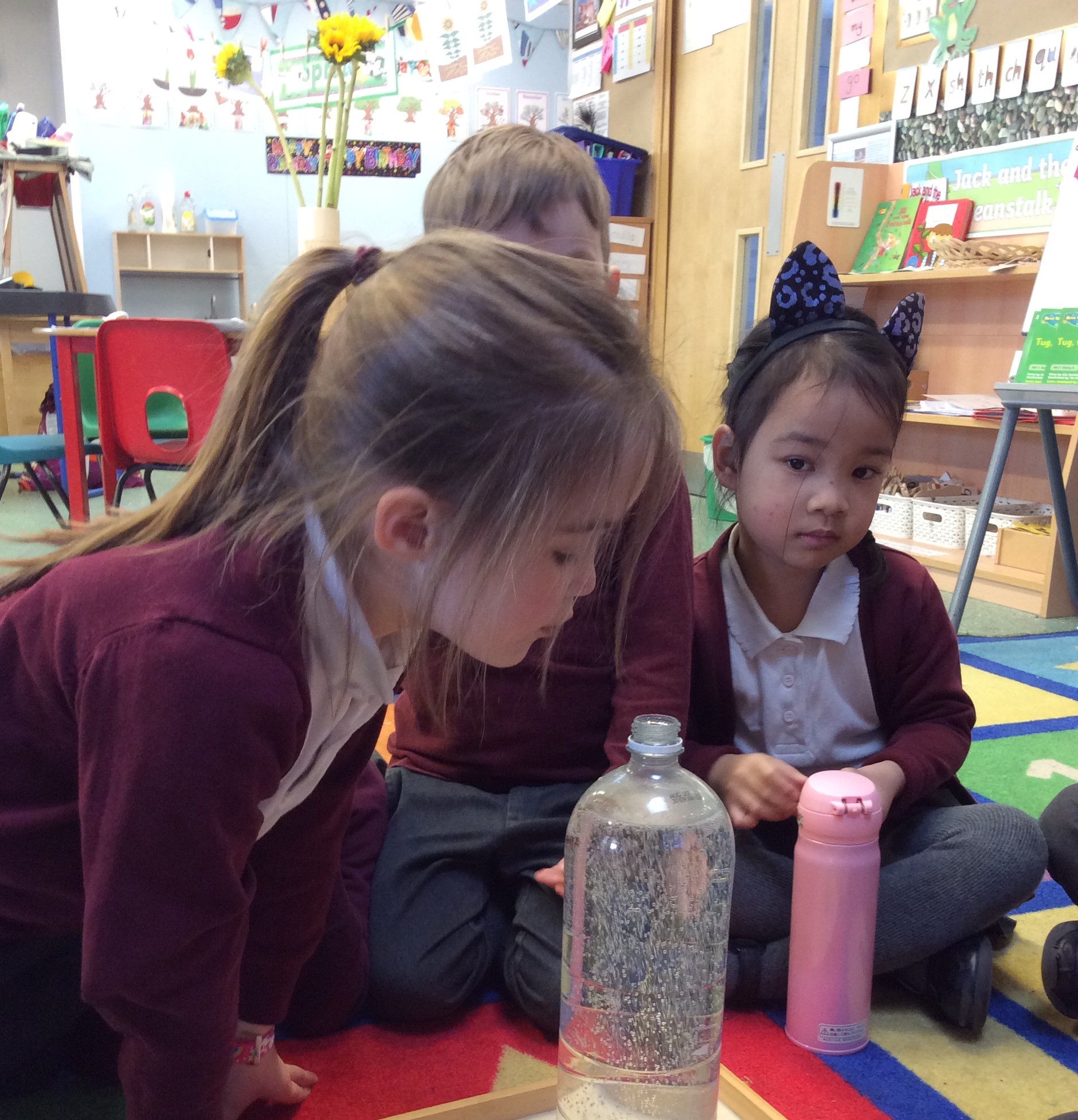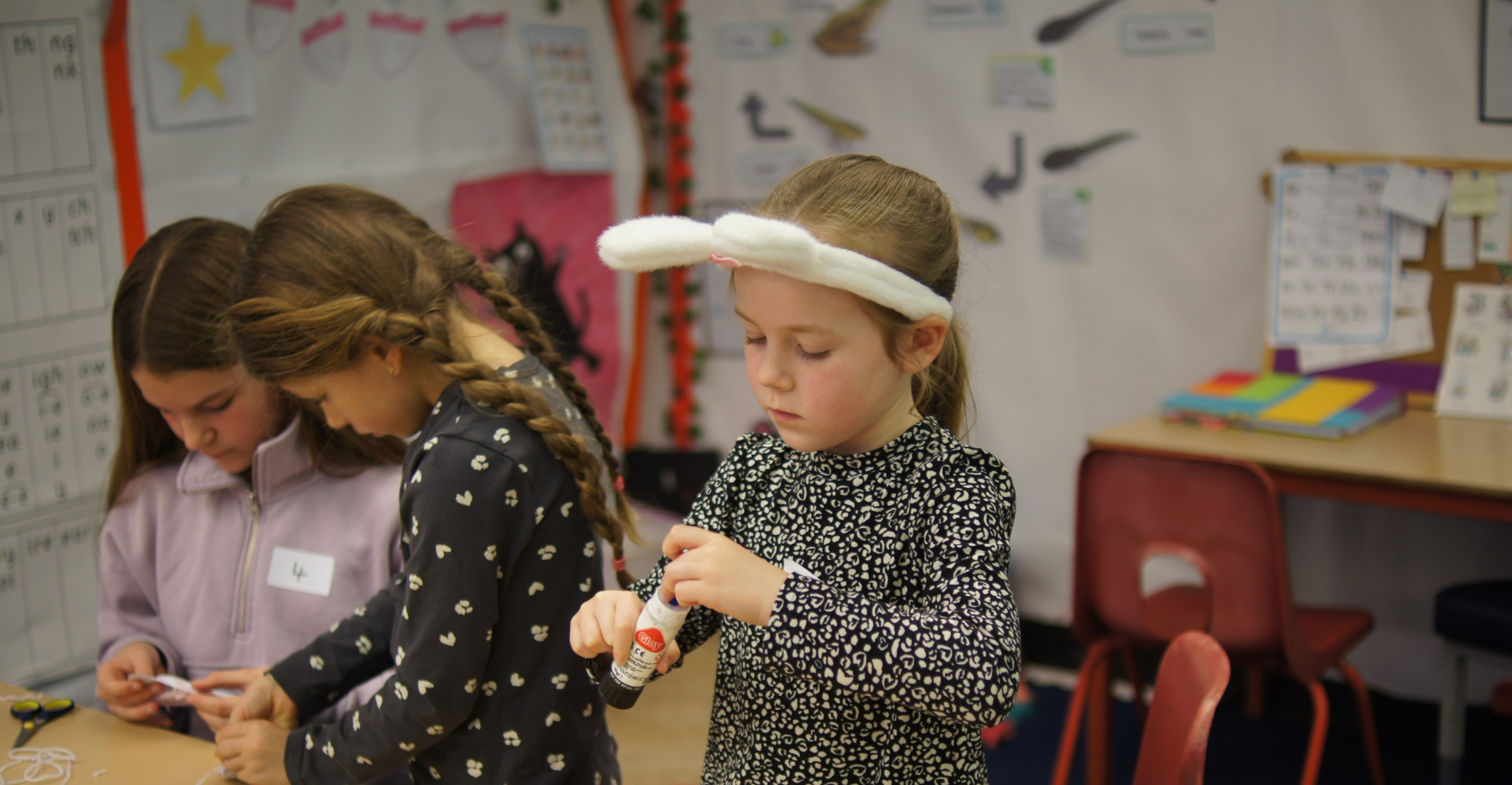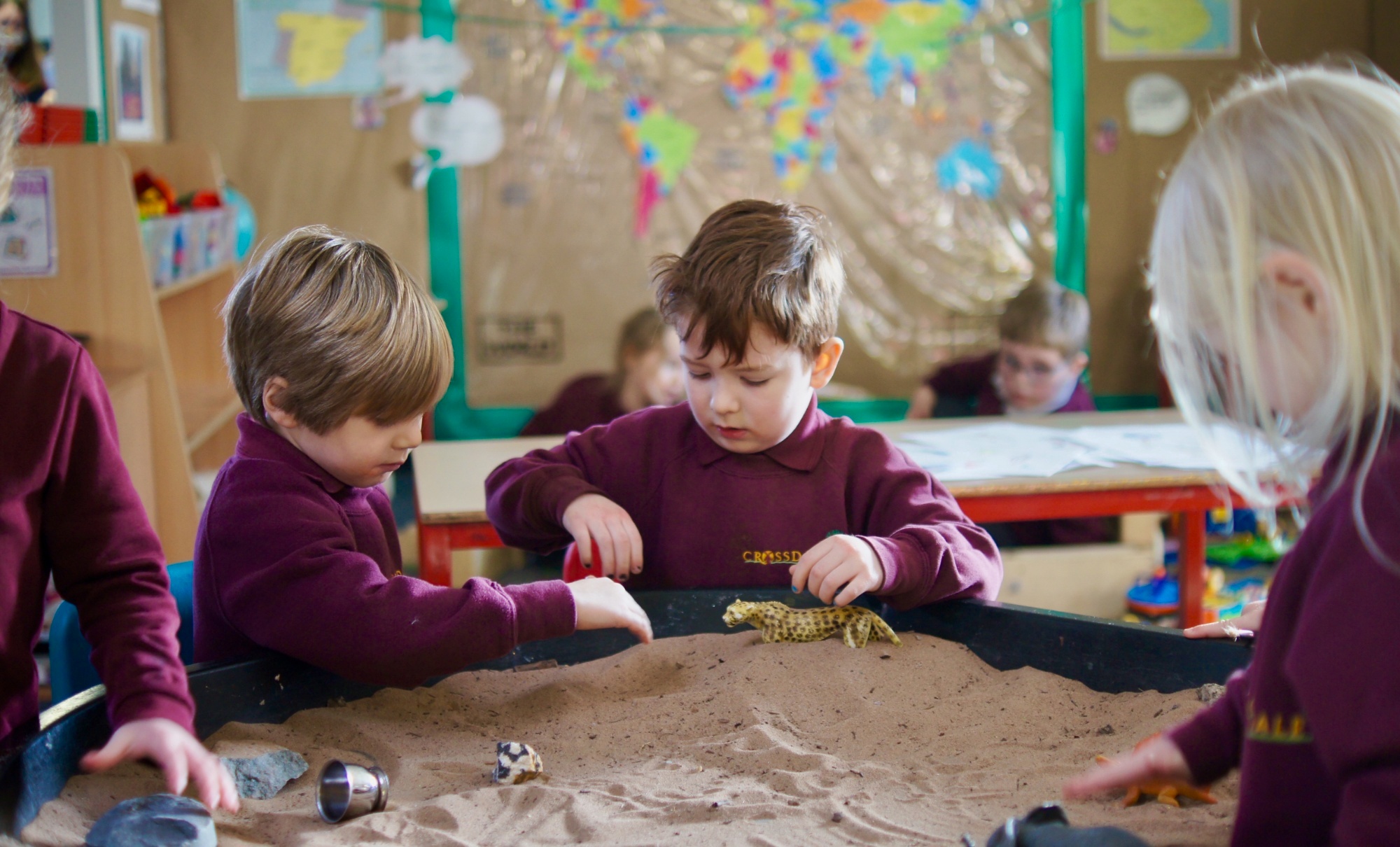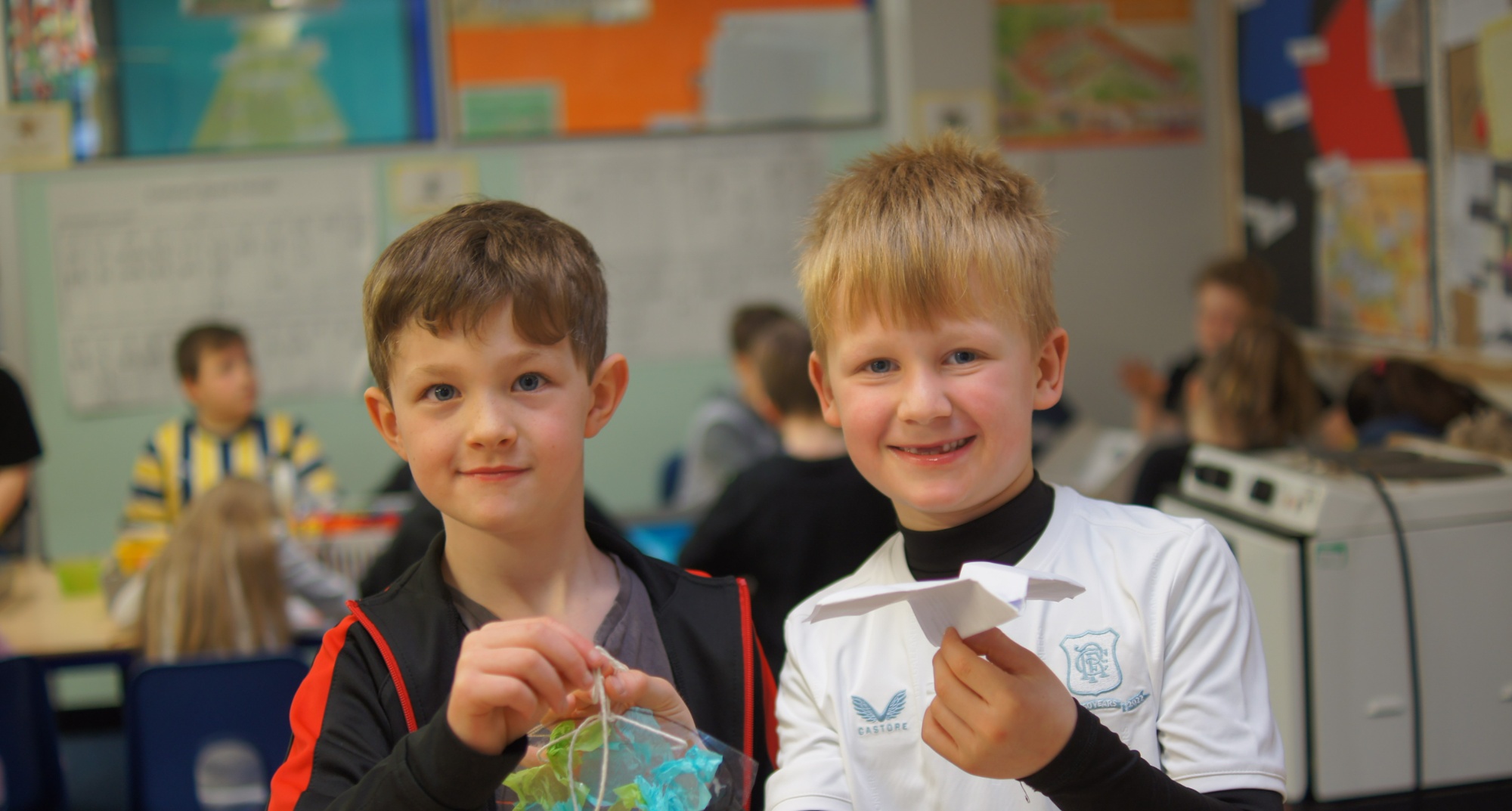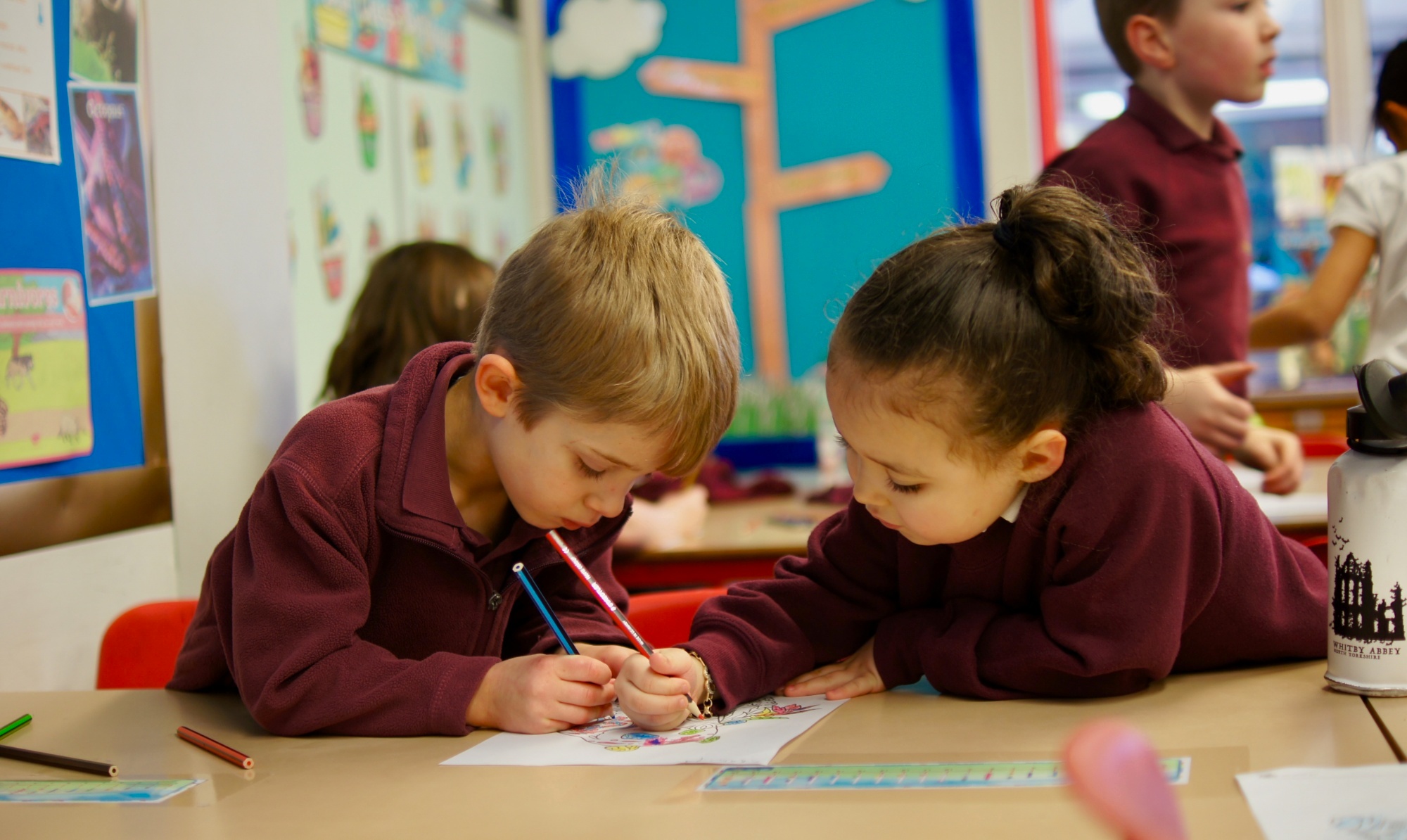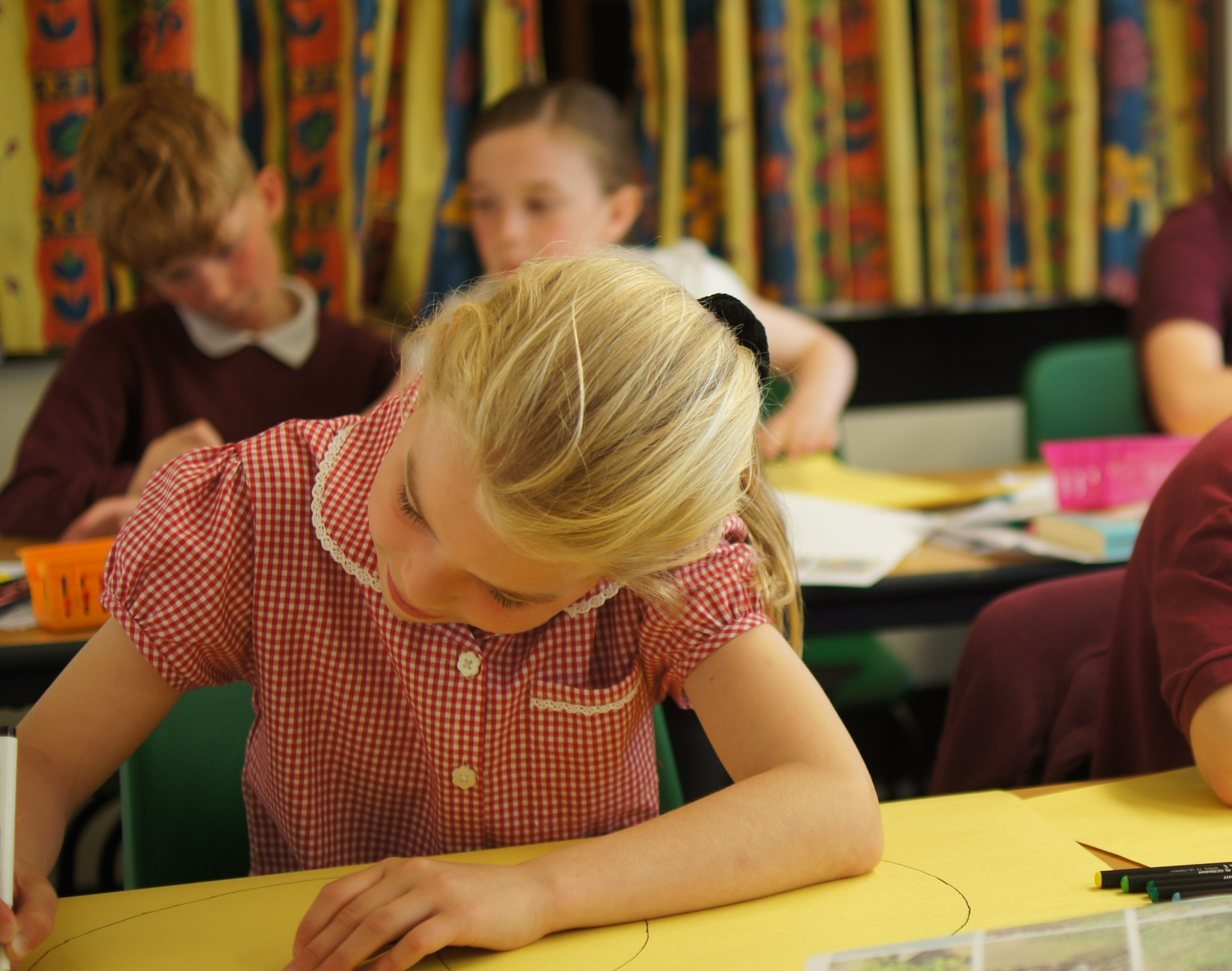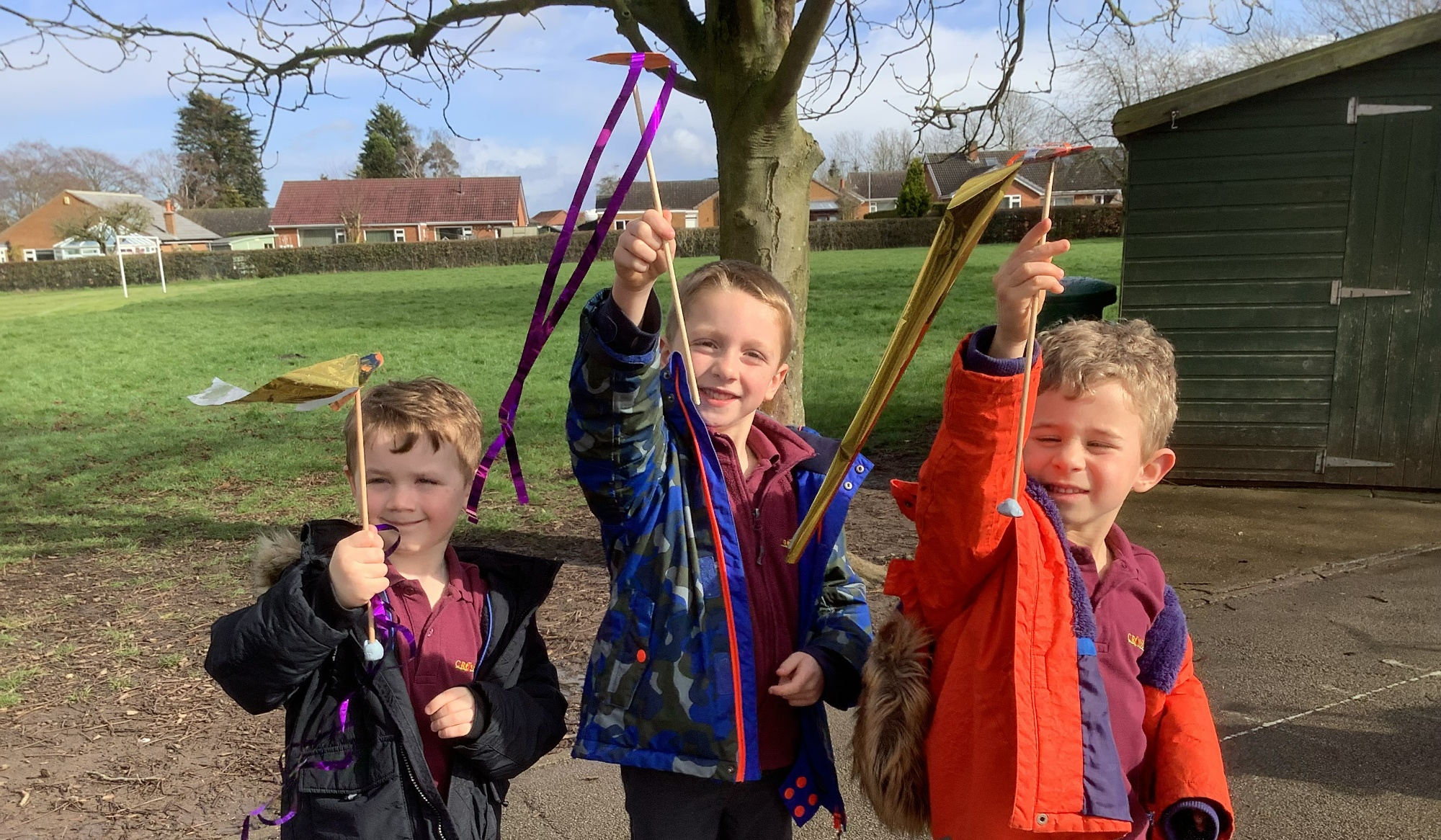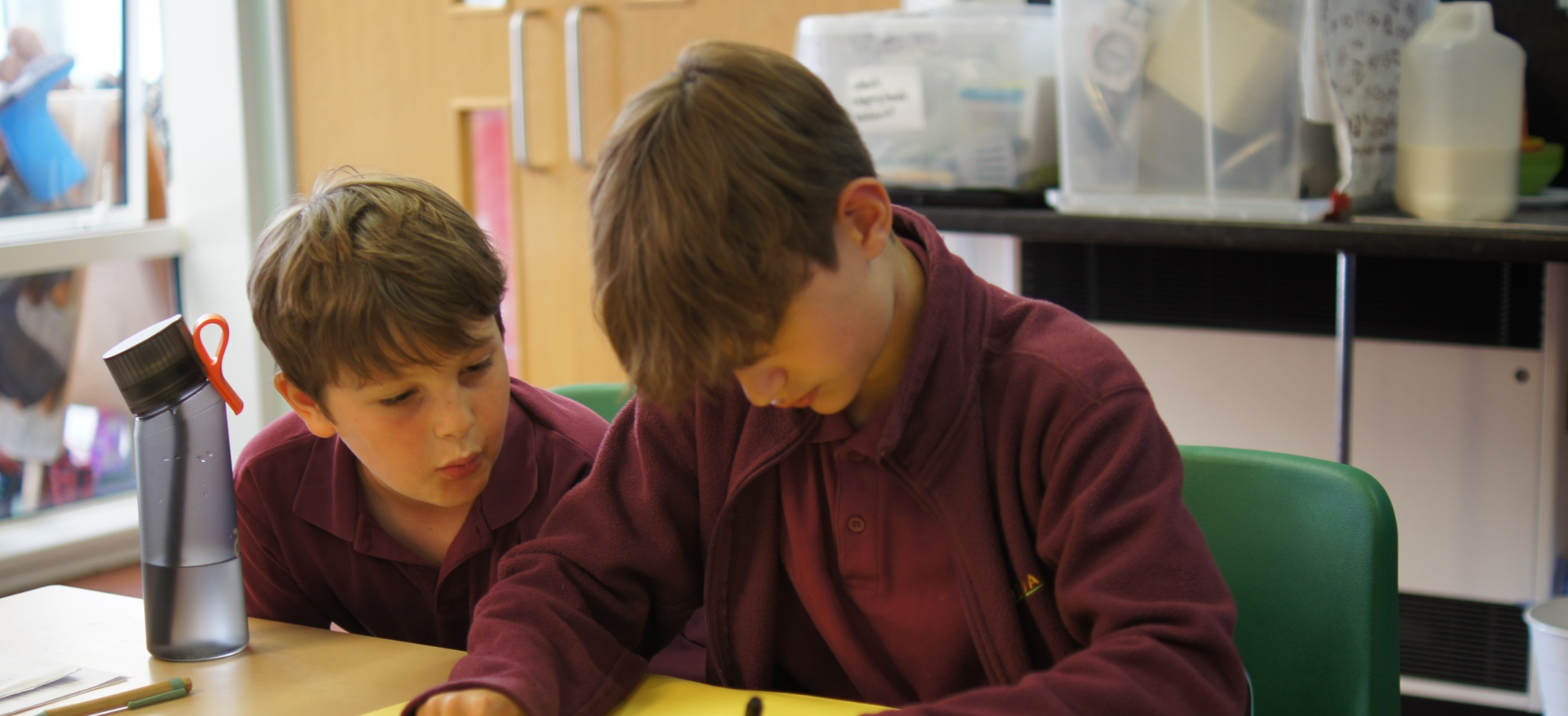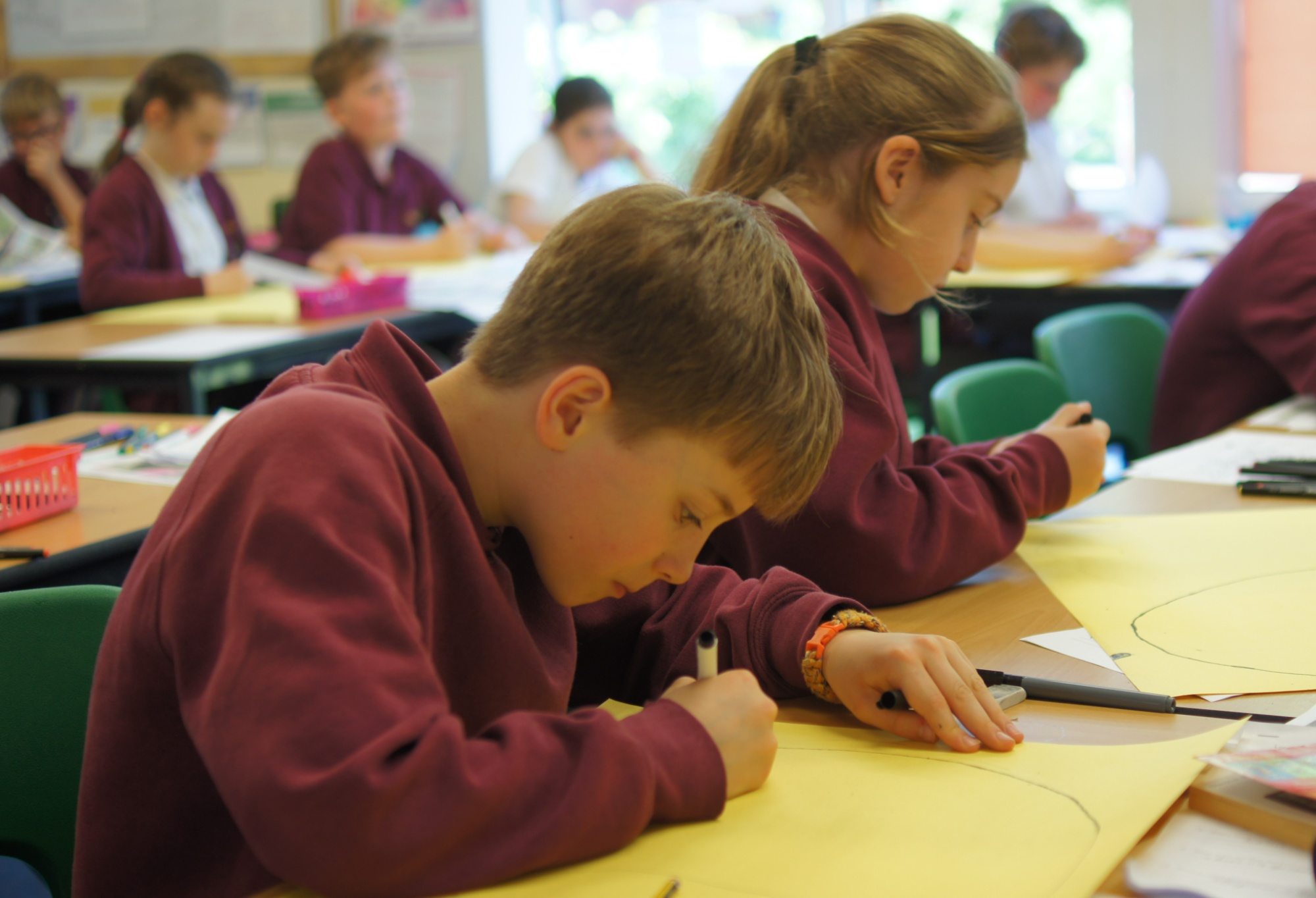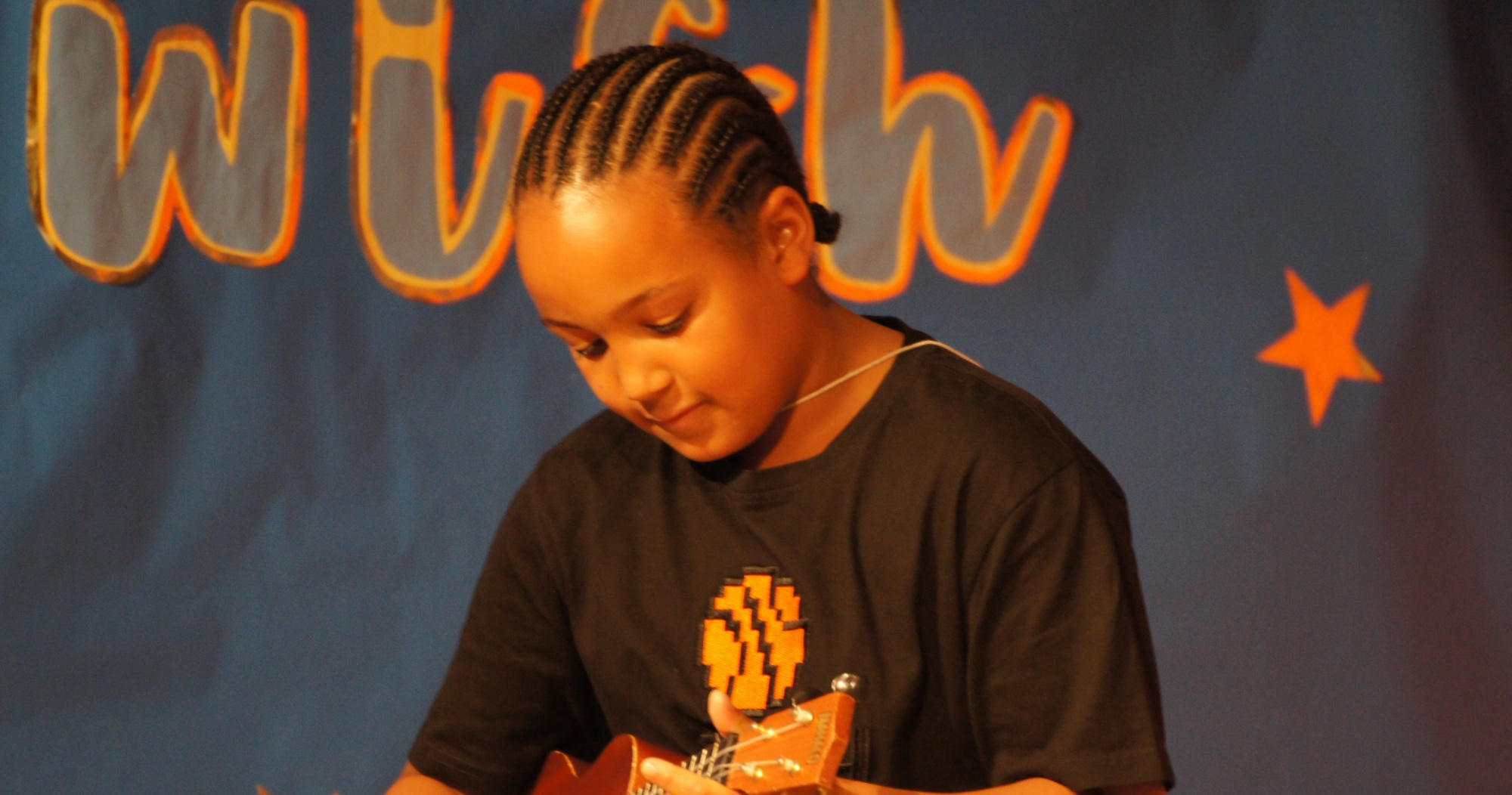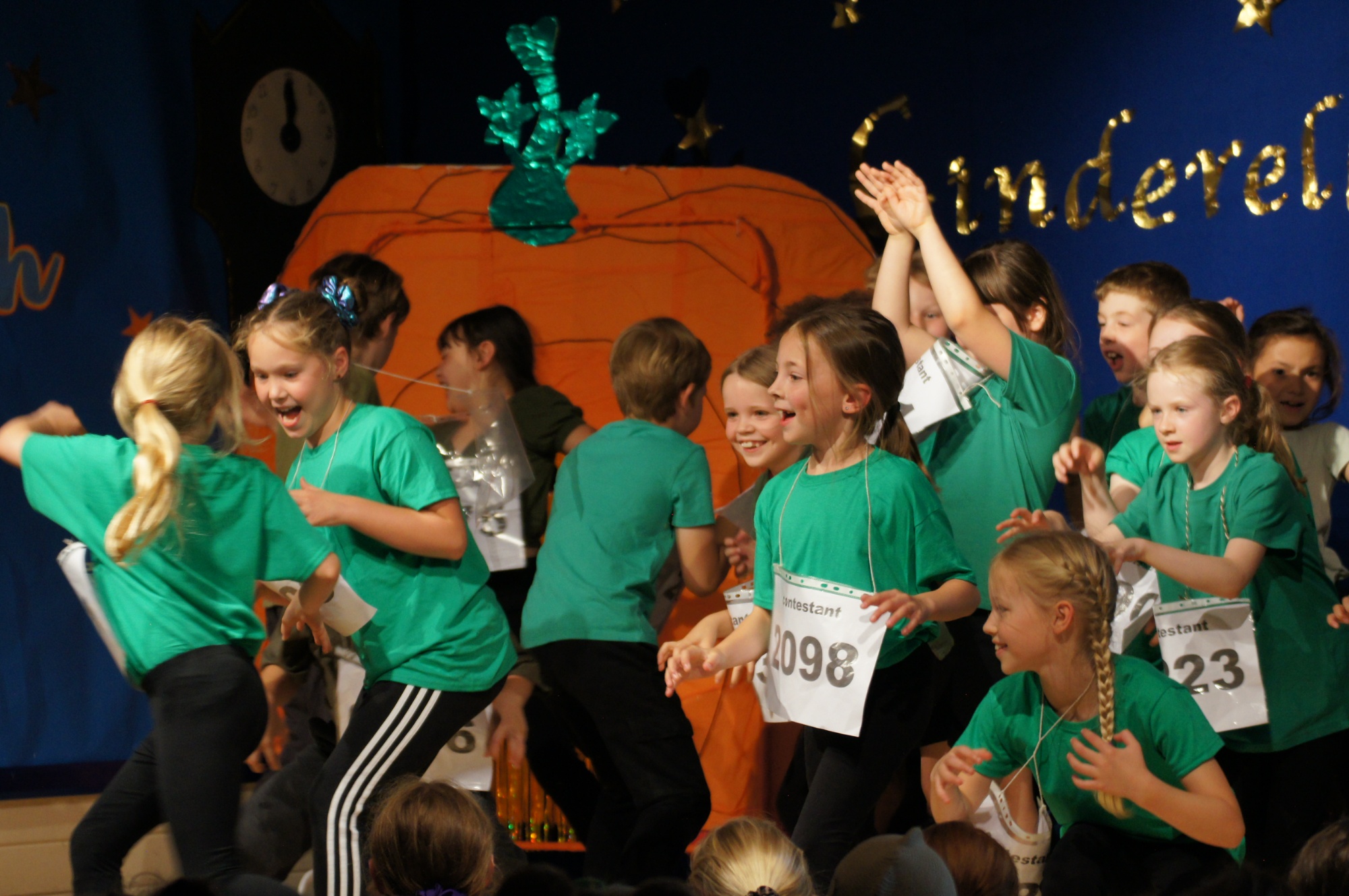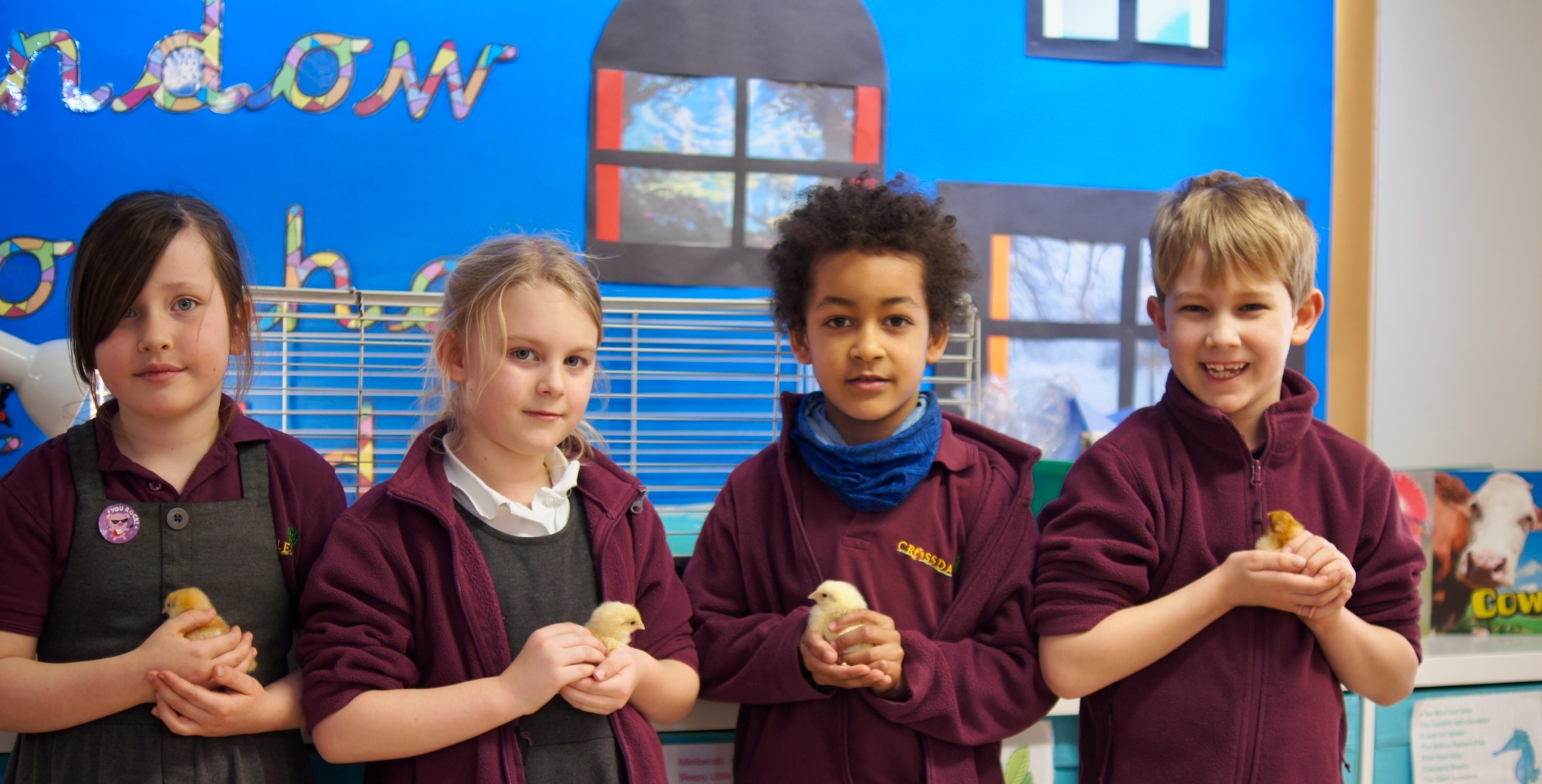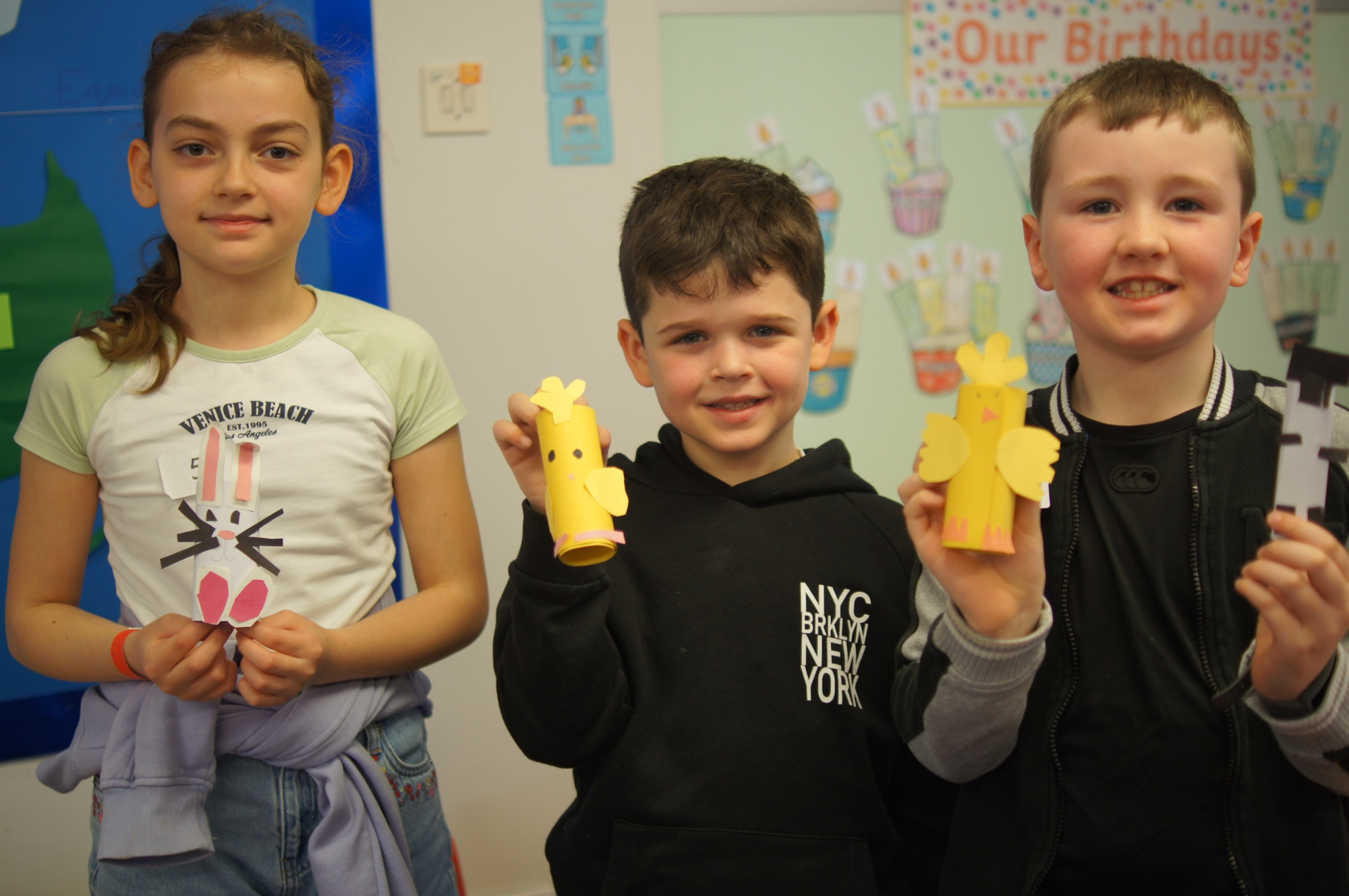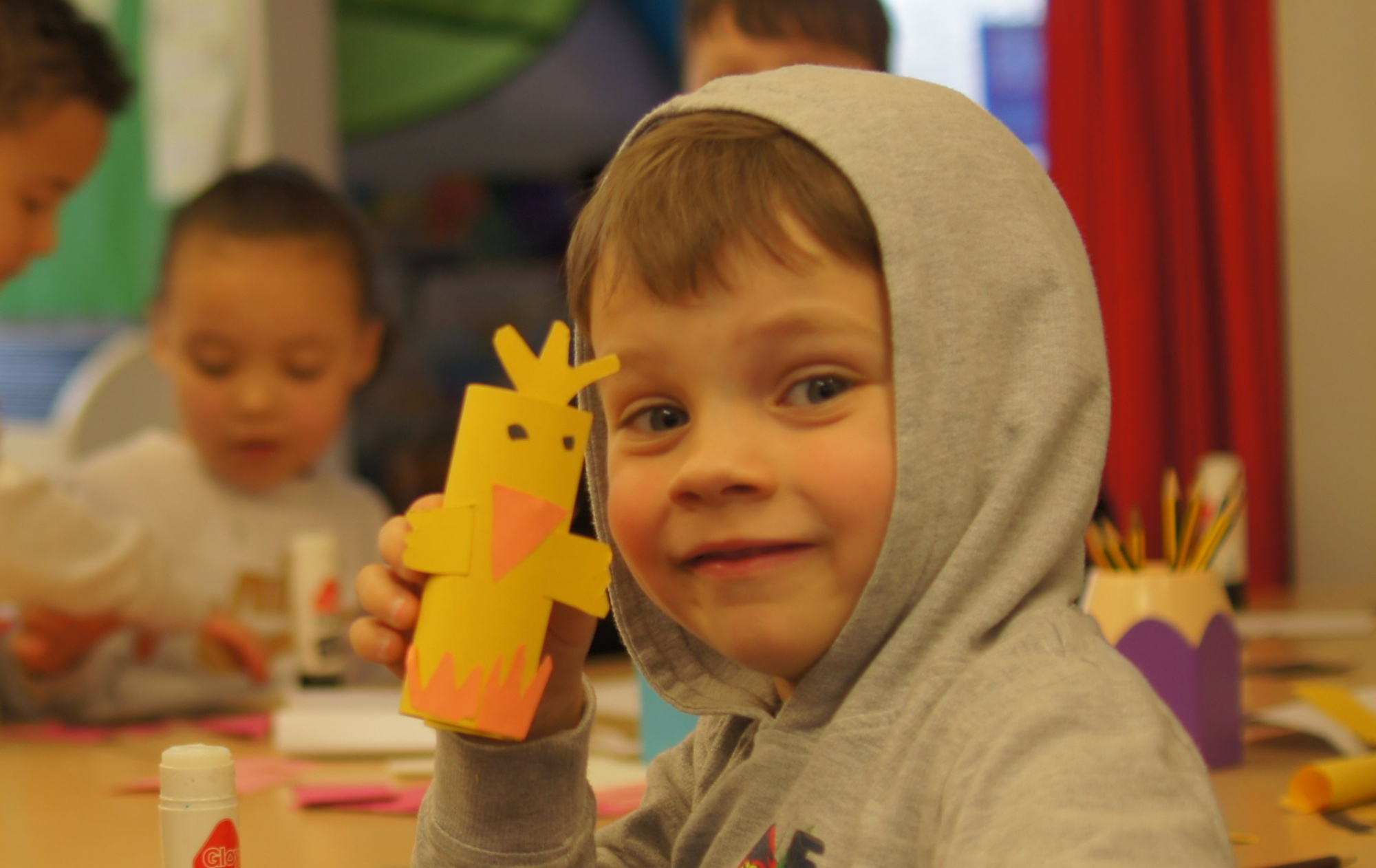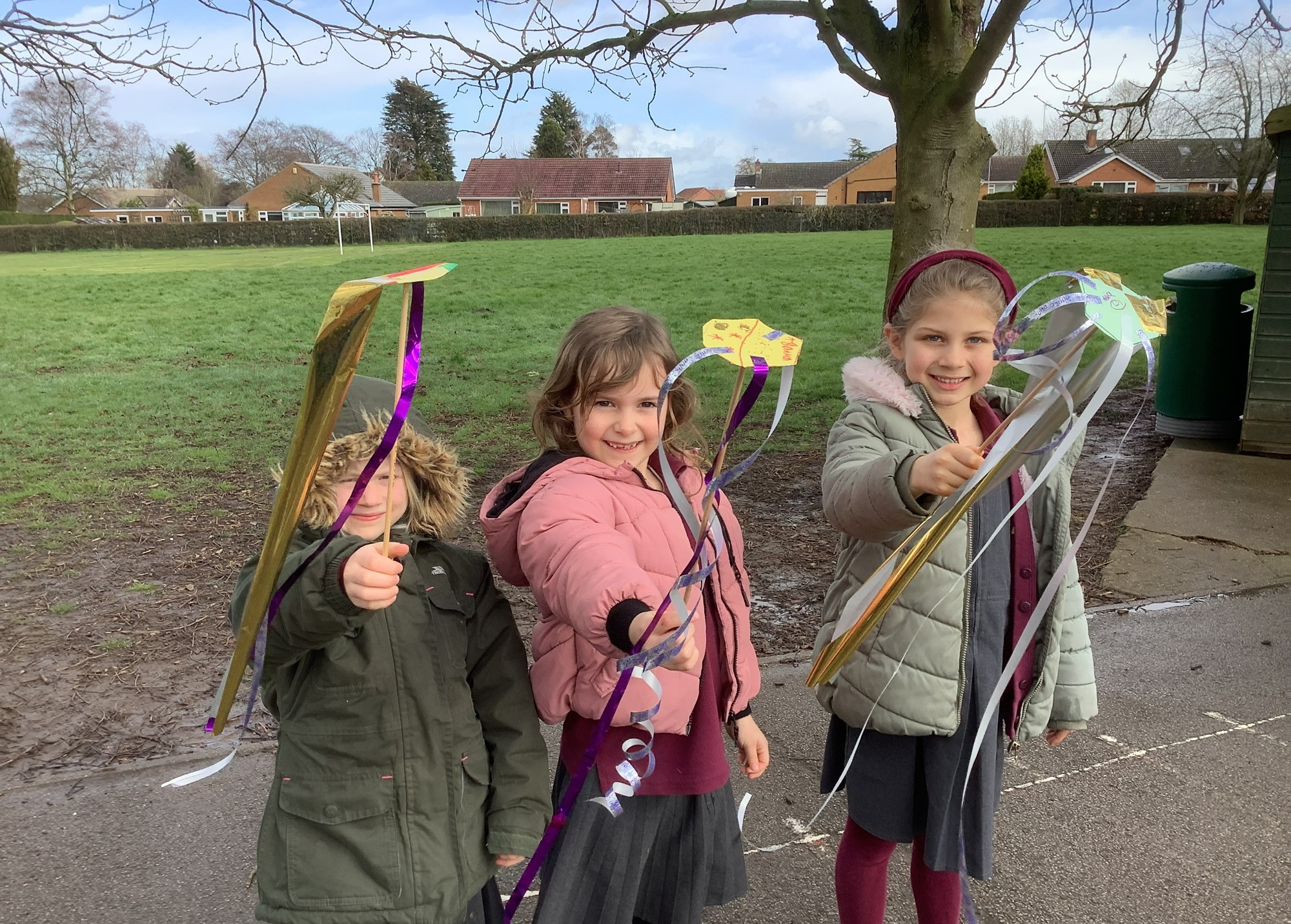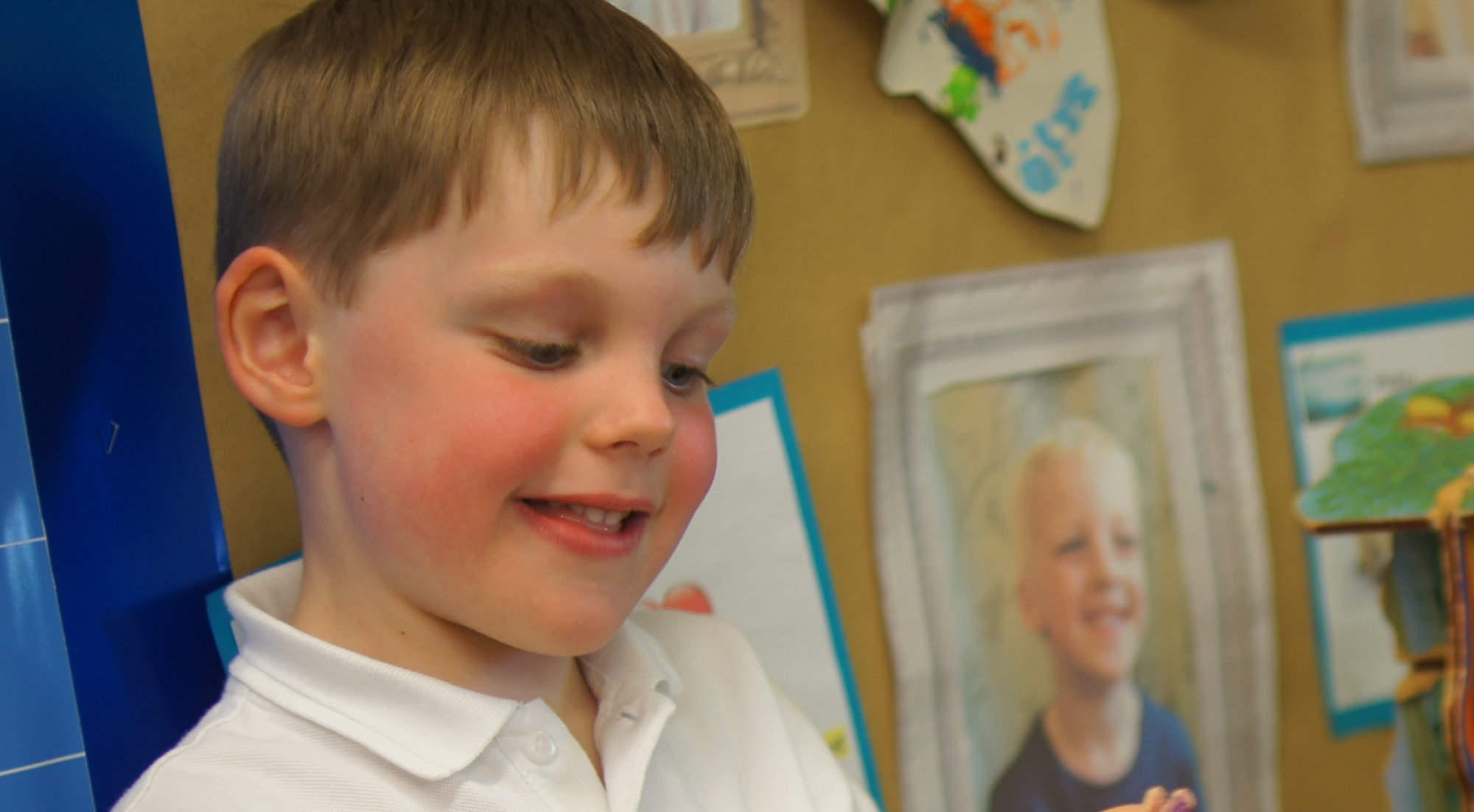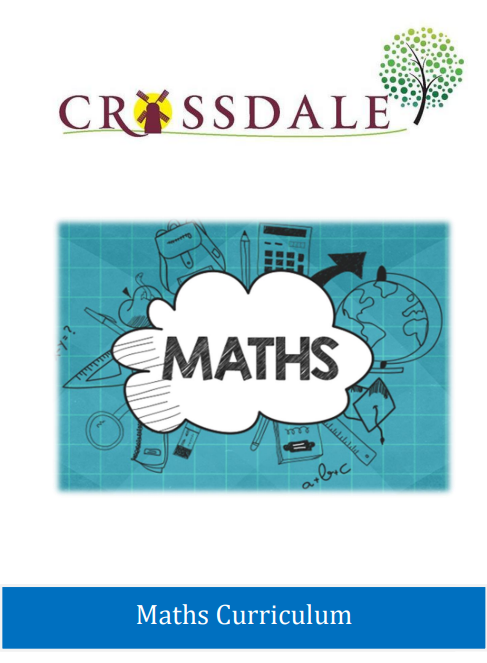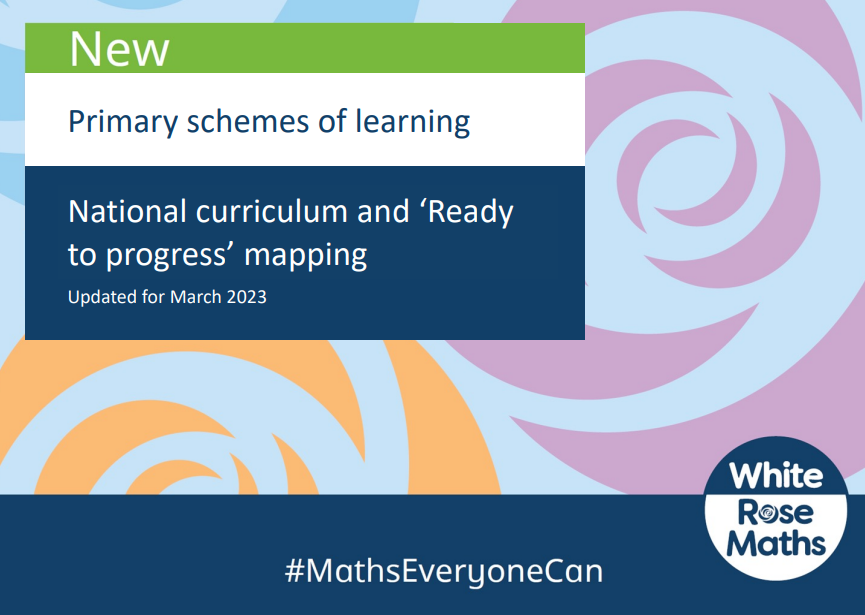Maths
At Crossdale, we believe that mathematics is an essential part of everyday life and that we have a responsibility to ensure that all children leave Crossdale being confident users of mathematics. We recognise that confidence in mathematics will allow children to subsequently become confident students in many other subjects, including science, technology and engineering, in addition to its fundamental importance in most forms of employment.

We use White Rose Education as our curriculum and are part of the EME Maths Hub coordinated by the NCTEM.
Documentation includes an overview for each year group, small steps and detailed guidance for each unit taught (including misconceptions, stem sentences and key vocabulary), National Curriculum & 'Ready to Progress' mapping, termly assessments and trackers.
At Crossdale, we aim to:
- Enable all children to develop fully as independent mathematicians who select the best tools for them to solve mathematical problems – from our Crossdale Maths Toolkit.
- Offer a range of mathematical experiences that allow children to maximise their potential.
- Promote a positive self-image; self - motivation and flexibility, and to show initiative in the learning of mathematical principles.
- Arouse children's curiosity in mathematics and to encourage risk - taking.
- Promote a fascination with and enjoyment of mathematics through purposeful learning experiences which are related to real life.
- Recognise that mathematics is a powerful means of communication with a language of its own.
- Recognise that patterns and relationships can help us to make predictions and generalisations.
We will implement our vision by teaching through a ‘mathematical lens’ and asking questions like a mathematician using the maths mastery approach.
- Fluency: Quick, efficient recall of facts and procedures and the flexibility to move between different contexts and representations in mathematics.
- Reasoning: Why? How do you know? What do you notice? The anchor task within our mastery lesson structure gives the children time for free reasoning as children are freely looking for and talking about maths.
- Problem Solving: Opportunities to apply our fluency to a context. We use RUCSAC as a procedure to break down the stages of problem-solving – Read, Underline, Choose the operation, Solve it, Answer, Check it. But, problems solving and reasoning skills are embedded throughout the maths units and explicitly taught through lesson design in order to structure and support mathematical thinking, progressively moving towards independence and readiness for the KS3 curriculum.
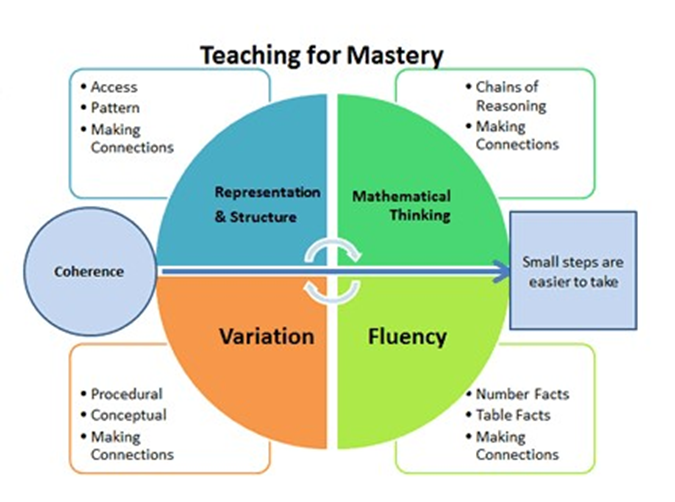
- Different representations: Children are exposed to a variety of representations in each lesson. They are encouraged to show their answers in different ways and use alternative representations to prove their answer.
- Vocabulary: Relevant vocabulary is introduced at a point at which a concept is first explored and stays with the children on their journey throughout school. New vocabulary is introduced to the children as part of the lesson structure and this vocabulary is applied using stem sentences to allow the children to see the clear link to their learning.
- Spaced retrieval: Children are given a daily opportunity to revisit previous learning using White Rose Flashback 4 slides. The preload section of the mastery lesson will also require children to draw on previous learning and therefore be ready to apply it to new learning.

